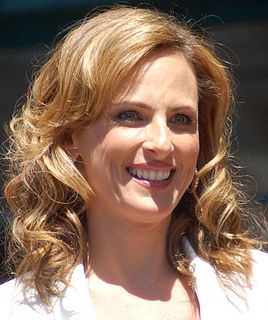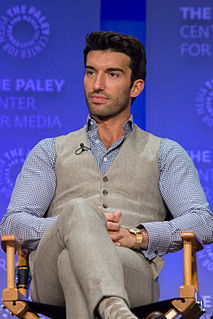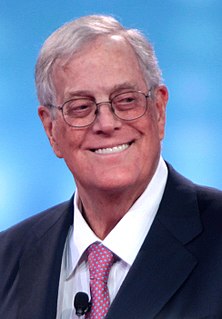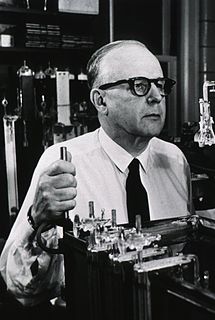A Quote by John Green
One of the pitfalls of writing about illness is that it is very easy to imagine people with cancer as either these wise, beyond-their-years creatures or else these sad-eyed, tragic people. And the truth is people living with cancer are very much like people who are not living with cancer.
Related Quotes
One of the pitfalls about writing about illness is that it is very easy to imagine people with cancer as either these wise-beyond-their-years creatures or these sad-eyed tragic people. And the truth is, people living with cancer are very much like people who are not living with cancer. They're every bit as funny and complex and diverse as anyone else.
For people who are afraid to talk about cancer, for people who are afraid to communicate with their loved ones about it, and for the people who want to pretend cancer doesn't exist, either delaying diagnosis or not getting regular checkups, the consequences can be fatal. Doing nothing about cancer will kill you.
You've got to get away from the idea cancer is a disease to be cured. It's not a disease really. The cancer cell is your own body, your own cells, just misbehaving and going a bit wrong, and you don't have to cure cancer. You don't have to get rid of all those cells. Most people have cancer cells swirling around inside them all the time and mostly they don't do any harm, so what we want to do is prevent the cancer from gaining control. We just want to keep it in check for long enough that people die of something else.
You know, cancer is bipartisan. I mean, there are so many people whose lives are touched and changed by cancer that people are willing to work together to find cures, find solutions, make lives better for cancer patients. So I think people put politics aside. This isn't a political thing. This is a life issue.


































